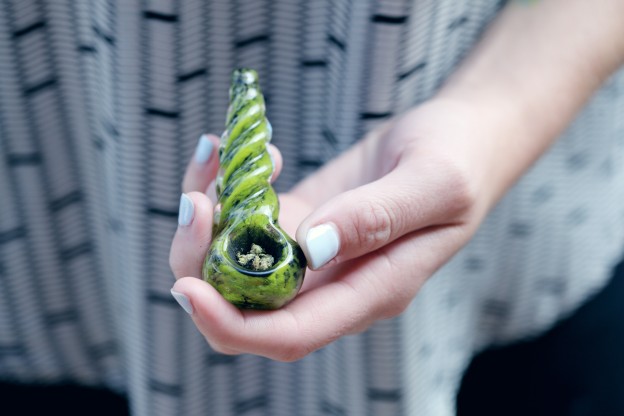This post is a part of the series, “CARED Perspectives,” developed by the APAGS Committee for the Advancement of Racial and Ethnic Diversity (CARED). This series discusses current events and how these events relate to graduate students in psychology. If you are interested in contributing to the CARED Perspectives series, please contact Aleesha Young, Chair of APAGS-CARED.
By Sarah Gubara, MS
Globally, the COVID-19 pandemic has made our worlds a little smaller. With the majority of individuals confined to their homes, the chaos of the first couple of weeks has created white noise that has become increasingly overbearing. Most importantly, this pandemic has highlighted the significant disparities prevalent across our communities. While many are hunkering down in the safety of their homes with loved ones, there are other vulnerable families in our communities that are contending with economic and health disparities, food and financial insecurity, and isolation from resources and social support.
Interestingly, the economic disparities related to this pandemic are shared among some graduate students and their clients alike. During these uncertain times both practicum students and clients may be contending with lost wages, uncertainty about the future, and experiencing increased anxiety. This emotive weight on the therapeutic relationship compounds with existing challenges for marginalized clients and therapists. While many student trainees are receiving excellent supervision to process these changes, there are some that are navigating this process alone. It is at this point that a clinician’s ability, or lack thereof, in multicultural responsiveness is highlighted as the fallout of this pandemic requires higher levels of cultural insight and sensitivity, self-efficacy, and awareness of social injustices and disparities. In addition to the therapeutic adjustments we need to make, the call to mobilize services quickly to telehealth further exposes the depth of the economic divide.
While telehealth and remote education are both blessings during this time, they are also a privilege. Within weeks, graduate practicum students and their clients were privy to the sharp economic inequalities that exist. For instance, in my work with survivors of torture I was blessed to work with a responsive team that provided thorough and consistent supervision, and strategies to accommodate our clients. However, in speaking with clients I began to understand the dearth of resources that exist for them and the obstacles that remain ahead. Session after session with clients led to similar concerns that included loss of work, reduced transportation, limited community support, and so on. While my agency ensured that we were prepared to deliver services, I realized that my entire caseload may not have the resources to readily receive those services. Some of my clients share rooms with two to three other people and privacy is an issue. Other clients may not have smartphones or wi-fi to download Zoom or any other virtual meeting application. Yet others are parents who are now contending with sharing devices, teaching, and managing their child(ren) without the support of the school day structure.
Furthermore, the existing protective factors that clients often turn to, such as churches, are now no longer an option. Many of my clients are refugees and asylum seekers, some of whom are new to the community. Without the access of community gatherings like churches or local centers, clients feel isolated and untethered, particularly when language acquisition is a challenge. Given the timing of this pandemic, many practicum students are now terminating with clients as it is the end of the semester for most of us. The loss of identity, resources, and support continues to be compounded at a high cost for our most vulnerable clients.
Together, graduate practicum students and their clients are having to adjust to the challenging landscape and process its shared trauma, while simultaneously developing new coping strategies. While in some circumstances, there is no certainty at the present, let us not forget the glaring disparities that we now see and let’s do what we can to help while also taking care of ourselves. For now, we must applaud, encourage, and support the resilience, perseverance, and creativity of our clients and fellow graduate students.
Sarah Gubara, MS is a graduate of Johns Hopkins University (BA’11, MS ’17) and a practicum student at TASSC International working with survivors of state-sponsored torture in Washington, DC. She is in the final year of her combined PhD in Counseling Psychology and School Psychology at Florida State University and will be starting her APA-accredited internship with the Treehouse Child Advocacy Center in July 2020.


 As we matriculate through higher education, the journey for racial and ethnic minority doctoral students is often marked by feelings of isolation in both personal and professional networks.
As we matriculate through higher education, the journey for racial and ethnic minority doctoral students is often marked by feelings of isolation in both personal and professional networks.